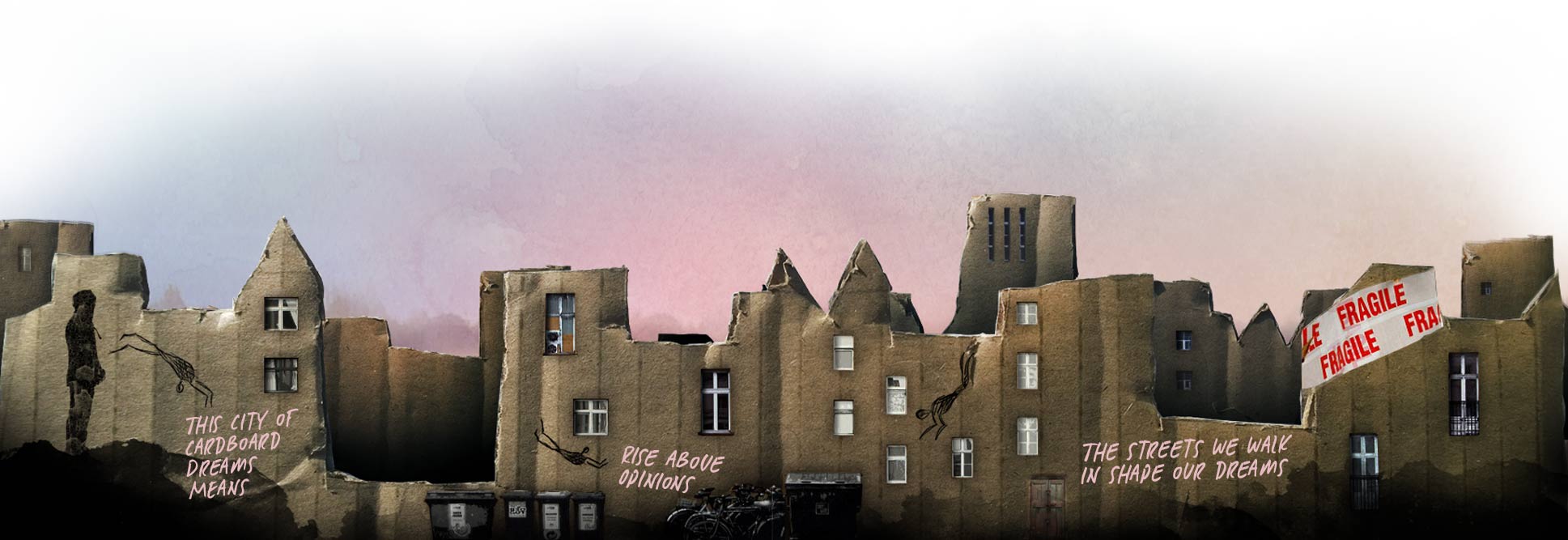I met a traveller from an antique land,
Who said—“Two vast and trunkless legs of stone
Stand in the desert. . . . Near them, on the sand,
Half sunk a shattered visage lies, whose frown,
And wrinkled lip, and sneer of cold command,
Tell that its sculptor well those passions read
Which yet survive, stamped on these lifeless things,
The hand that mocked them, and the heart that fed;
And on the pedestal, these words appear:
My name is Ozymandias, King of Kings;
Look on my Works, ye Mighty, and despair!
Nothing beside remains. Round the decay
Of that colossal Wreck, boundless and bare
The lone and level sands stretch far away.”
Having read many biography about the Romantic writers, the life of Percy Bysshe Shelley is one long contradiction in what he preached aside what he practiced; it is a sad story charting the death of 2 of his children, a beautiful but at times quite cruel marriage to Mary Shelly (author of Frankenstein), having read the story it is hard not to feel devastatingly sorry for him and his wife for some of their bad fortune, but onto the poem..
Ozymandias is a sonnet first published in the 11 January 1818 issue of The Examiner of London. The poem was included the following year in Shelley’s collection Rosalind and Helen, A Modern Eclogue; with Other Poems, and in a posthumous compilation of his poems published in 1826.
Shelley wrote the poem in friendly competition with his friend and fellow poet Horace Smith, who also wrote a sonnet on the same topic with the same title. The poem explores the fate of history and the ravages of time: even the greatest men and the empires they forge are impermanent, their legacies fated to decay into oblivion.
Cover image by Divya Srinivasan with thanks
